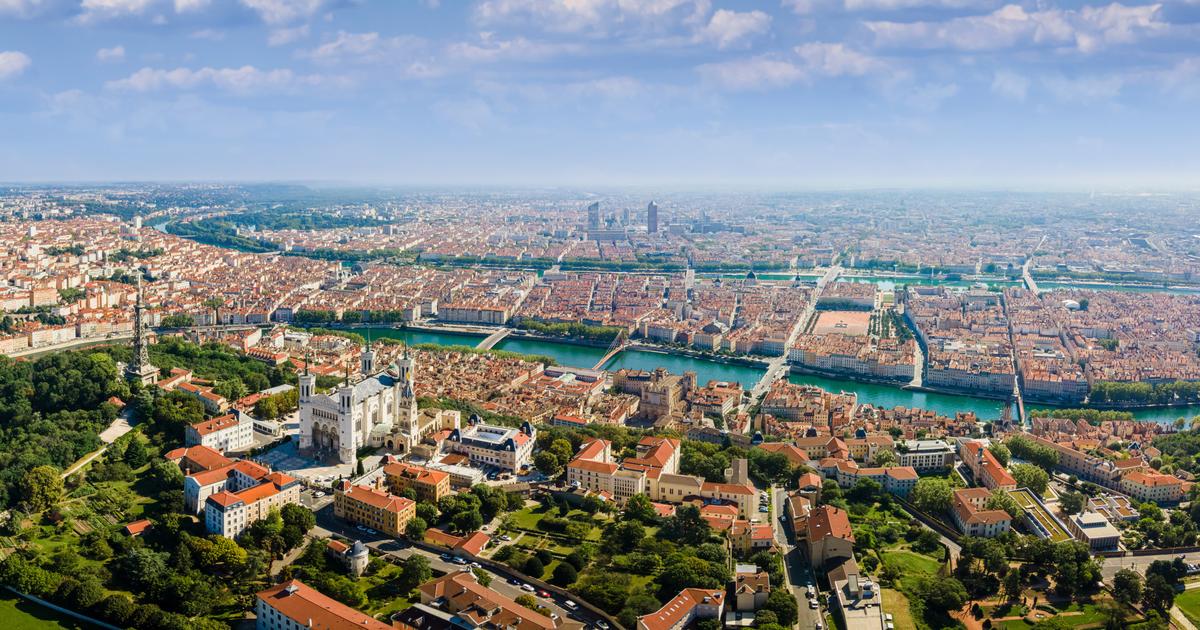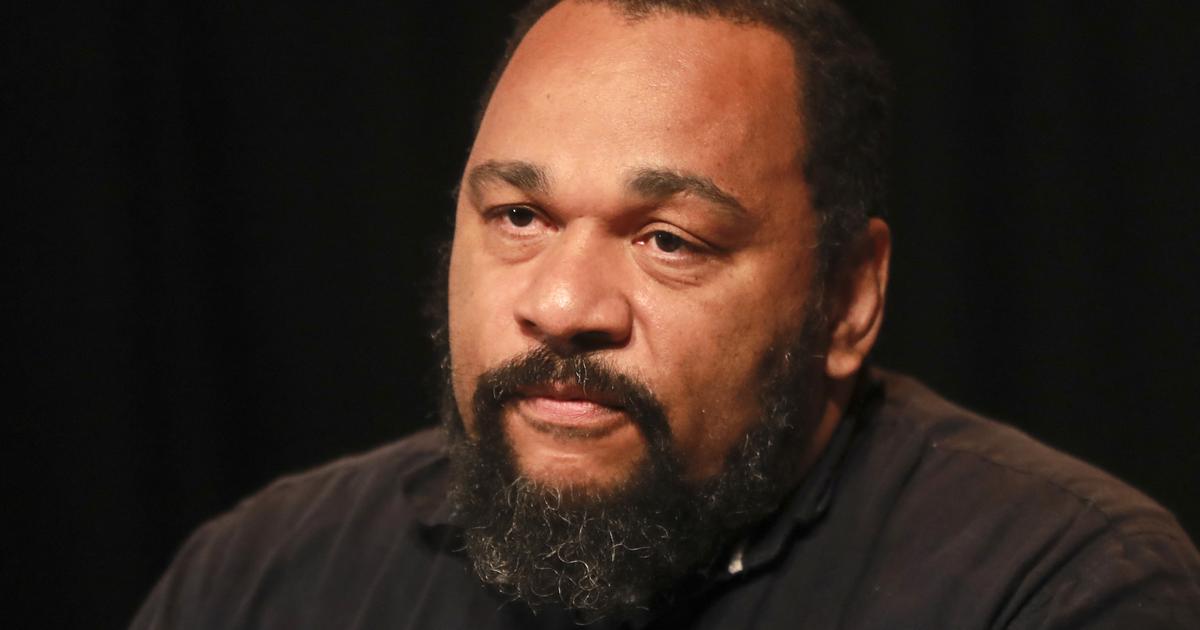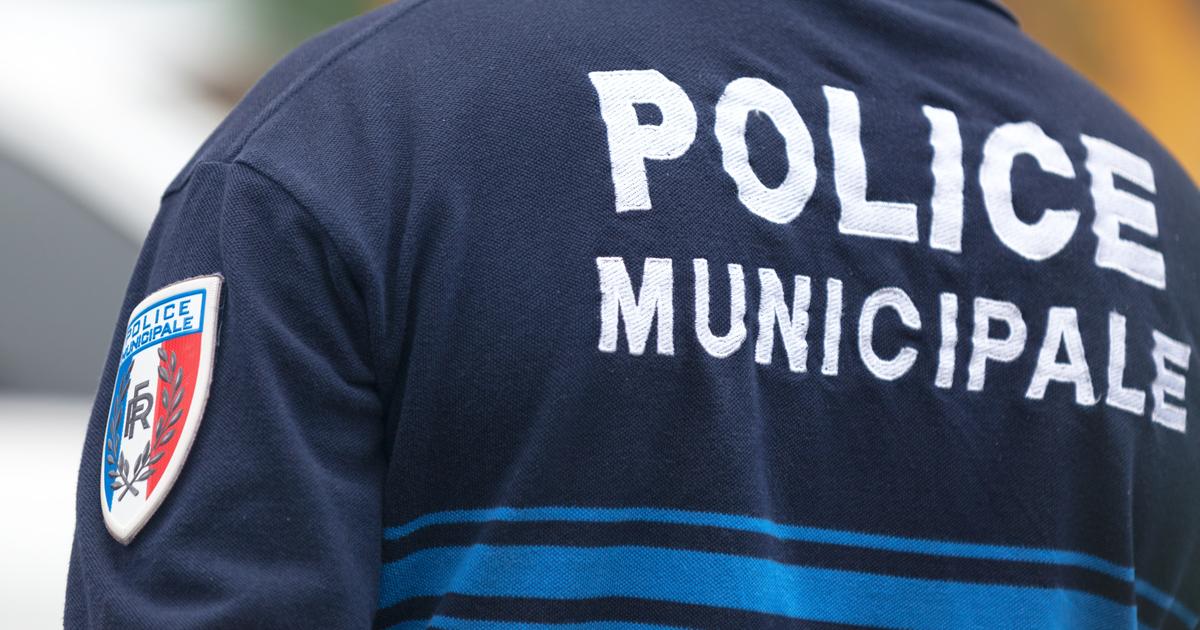Half a millennium ago, Portugal was one of the greatest kingdoms in the world.
Today the Iberian state belongs to the EU and is a member of NATO.
Portugal
is a
country
with a democratic constitution and a member of the EU, NATO and the OECD.
Throughout the
history of
Portugal, various Portuguese and other noble houses ruled until the end of the monarchy in 1910.
Portugal's
geography
is characterized by its coastal location and the hilly or mountainous hinterland.
Lisbon - On September 7, 1822,
Portugal
lost
one of its most important colonies, Brazil.
On this day,
Emperor Pedro I
proclaimed
the independence of the South American country.
This marked the beginning of the end of Portugal as an important colonial power.
As the last remaining Portuguese colony, Macau broke away from Portugal in 1999.
Portugal: from prehistoric times to the end of antiquity
The settlement of
Portugal
began around 500,000 years ago through various predecessors of the Neanderthals.
Numerous records of settlers living in different regions of the country were also found for the following epochs, the Old and New Stone Age.
Later the Phoenicians operated several trading centers in the Algarve.
Two centuries later, Greeks settled on the Portuguese coast.
In the period from the 6th to the 3rd century BC, there was increased colonization of Portugal by Celts, Iberians and Lusitans, after whom the Romans named the country "Lusitania".
Subsequently, the entire south of the Iberian Peninsula became a colony of Carthage.
Until about 200 BC
The Romans drove out the Carthaginians.
The rulers then romanized the
inhabitants
of what is now Portugal.
The Portuguese
language
emerged from the fusion of Latin with the languages of the various tribes
.
The following ethnic groups invaded the Iberian Peninsula as a result of the Great Migration:
Alans
Visigoths
Vandals
Suebi
They ended Roman supremacy at the beginning of the 5th century.
Portugal: From the early Middle Ages to the beginning of the second Portuguese dynasty
The Visigoths were completely defeated by a Berber army in Lusitania by 716.
This was the beginning of the Moorish rule over Portugal.
It had a great linguistic and cultural influence on the
history of
the country
over the following centuries
.
The Christian kingdom of Asturias in the north of the Iberian Peninsula tried from the 9th century to liberate Lusitania from foreign Muslim rule.
This succeeded gradually and was completed at the end of the 11th century with the establishment of the independent Kingdom of Portugal under the rule of the House of
Burgundy
.
Finally, with the support of foreign knights, the Asturians were also able to recapture the Algarve from the Moors.
After the fall of the House of Burgundy (1383), the
House of Avis
seized power and founded the second dynasty of Portugal.
Portugal: The Age of Discovery
The kings from the house of Avis made
Portugal
the leading seafaring nation.
Heinrich the Navigator
went on expeditions to the following continents:
West Africa
South America, especially Brazil
Asia: Ceylon, Macau, Malacca, India
There the Portuguese crown founded colonies that
quickly made
the
state
rich.
After the House of
Avis
went under, the Spanish
Habsburgs
took over
the Kingdom of Portugal.
This sex ruled until 1640 and made the country a Spanish province.
The Duke of
Braganza
successfully led a revolt against Spanish rule and founded
the third Portuguese dynasty
as King
John IV
.
Portugal: From Modern Times to the First World War
From the middle of the 18th century,
Portugal
began to transform
into an absolutist
state
.
In several wars, the country secured independence from Spain and France.
In 1807 Portugal was occupied by the French army under
Napoleon.
The king fled to Brazil with his court.
The British support the Portuguese in driving out the Napoleonic troops.
In 1821 Portugal got its first constitution.
After the fall of the House of Braganza, the House of
Saxe-Coburg and Gotha came
to dominate Portugal and exercised it until 1910.
Then
an uprising broke out
due to a prolonged economic crisis that had led to the severe impoverishment of large parts of the
population
.
In the course of this, the last Portuguese
king, Charles I, had
to flee into exile
.
The Portuguese Republic was proclaimed on October 5, 1910.
Portugal: From World War I to the Present
During the First World War,
Portugal was
initially officially a neutral power, but it supported friendly Great Britain.
In the spring of 1916, Germany then declared war on the country.
From this point on Portugal fought on the side of the Entente.
After the First World War, the First Republic got into serious economic and political crises.
It was ended by a military coup in 1926.
The civilian
António de Oliveira Salazar
was made Prime Minister by the military and founded the Estado Novo as an authoritarian
state
in 1933
.
Portugal remained neutral during World War II.
Salazar ruled until 1968. Portuguese
history
after the Second World War was marked by colonial wars.
Marcelo José das Neves Alves Caetano
took over the business of government and continued the struggle for the colonies, which weakened Portugal economically and isolated it internationally.
In 1974 there was another military coup, after which all colonies except Macau were declared independent.
In the following years attempts were made to introduce socialism in Portugal.
After this project failed, the first free presidential elections were held in 1976.
In 1986 Portugal joined the European Community.
Today Portugal is a stable democracy.
Portugal: State and Politics
The Portuguese
state
is organized as a representative democracy with a semi-presidential system of government.
The organs of the state are embodied by the president, the prime minister and his ministers as well as the parliament.
Every five years
Portugal
holds free and secret elections to elect the president.
This appoints the prime minister and is formally commander in chief of the armed forces.
The office of Prime Minister has been the socialist
Antonio Costa
since November 2015
,
Marcelo Rebelo de Sousa
has been President of the Republic since 2016.
The Socialist Party (PS) and the Conservative Social Democratic Party (PSD) rule the country's political life.
The smaller parties in Portugal include the right-wing populist People's Party (CDS) and the Communist Party (PCP).
In addition to the EU, Portugal is a member of the following organizations:
NATO
OECD
United Nations
In 1999 Portugal introduced the euro.
Portugal: The Geography and Big Cities
The area of the country is 92,212 square kilometers.
Portugal has a long coastline on the Atlantic Ocean to the west and borders Spain to the east and north.
The
geography of
the country is hilly to mountainous.
While very fertile soils have developed in the north due to the frequent rainfall, it is rather dry in the south.
For this reason, the economy of the north is mainly based on the cultivation of wine, vegetables and fruit.
A tourist center has developed there, especially in the Algarve area.
Lisbon is the capital of Portugal.
It is located on the Atlantic coast at the mouth of the Tagus River in a highly earthquake-prone area.
Lisbon is the country's seat of government and has around half a million inhabitants.
The
city
forms the economic and cultural center of Portugal.
There are a few other major cities above this, including:
Porto with around 240,000 inhabitants
Vila Nova de Gaia with around 178,000 inhabitants
Amadora with around 175,000 inhabitants
Brag with almost 137,000 inhabitants
Funchai with around 112,000 inhabitants
Portugal: population and language
Portugal
has around 10.3 million inhabitants.
Almost all citizens speak Portuguese as their mother tongue.
This
language
is also the official language.
More than ten percent of the
population
live in the two
cities of
Porto and Lisbon.









